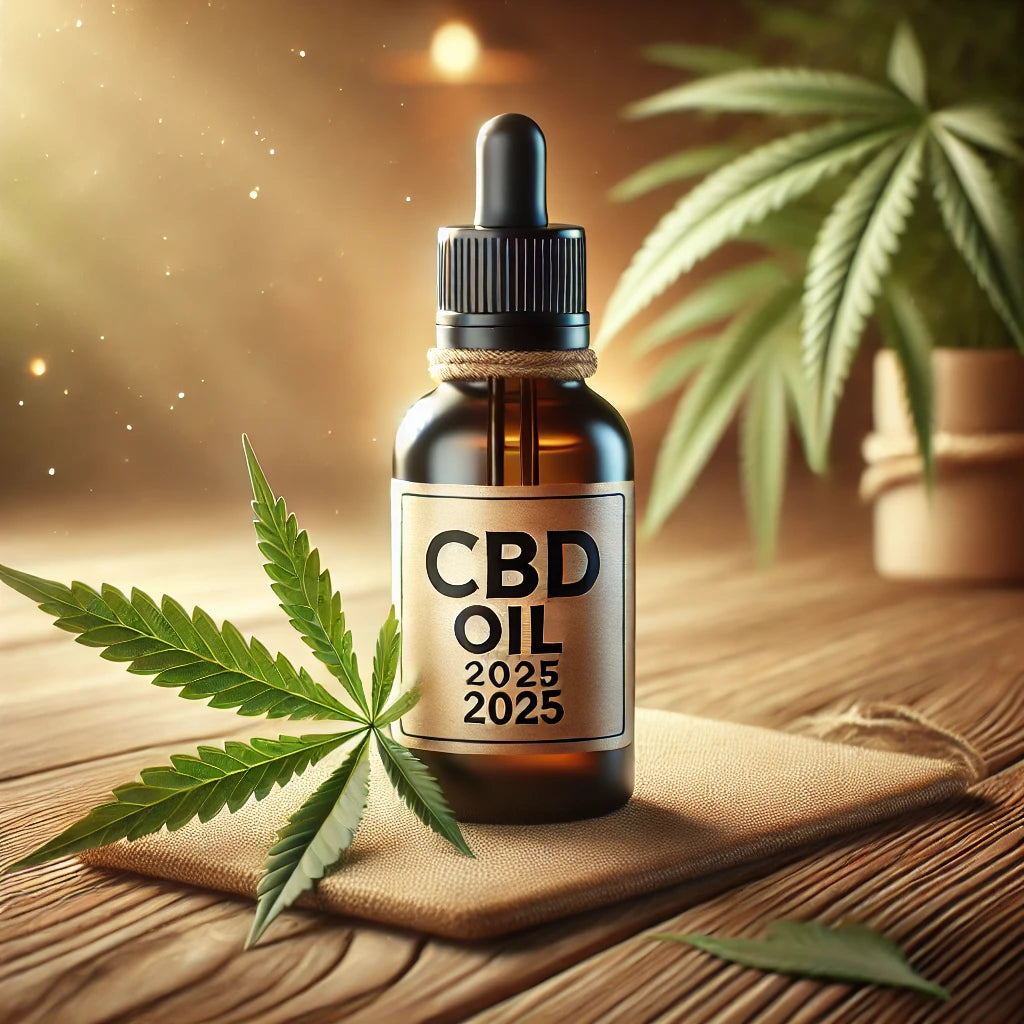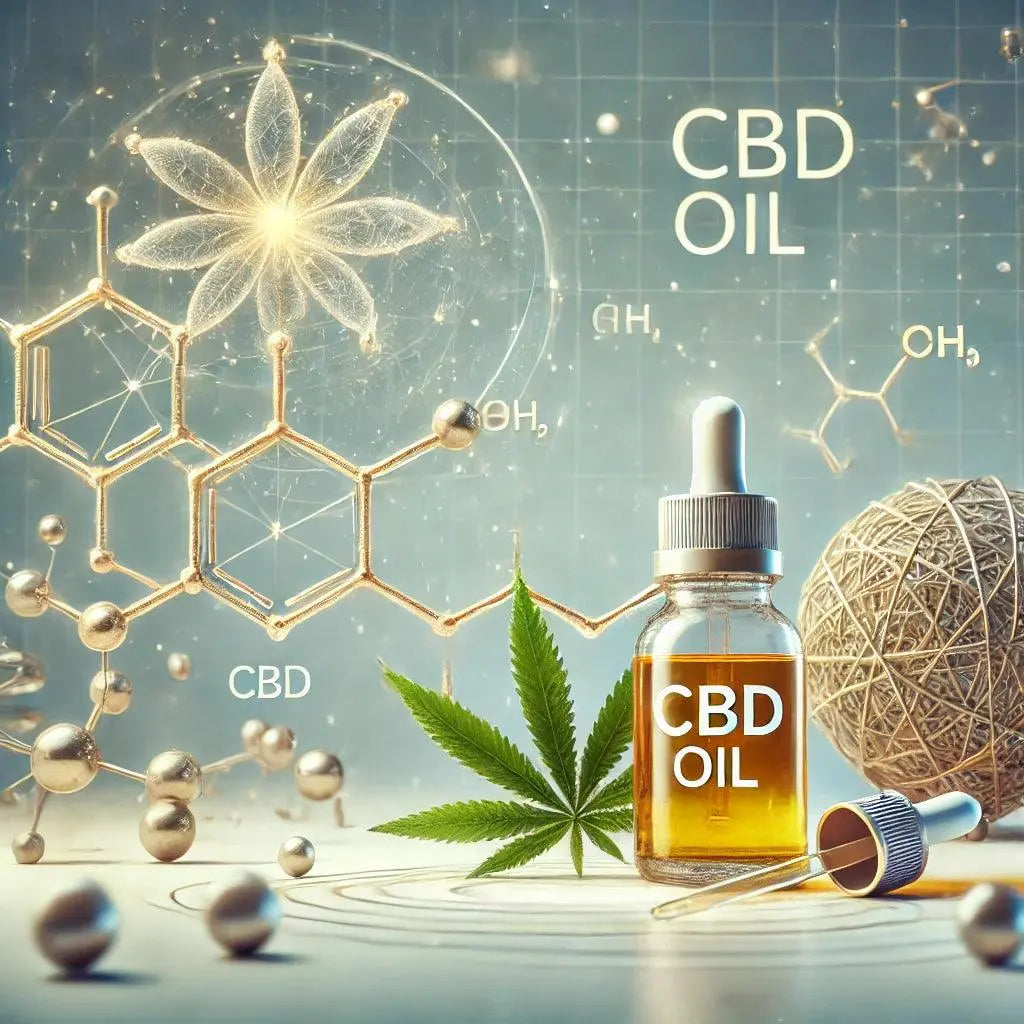CBD, also known as cannabidiol, has become one of the most popular natural substances for promoting health. Its growing popularity stems from its numerous therapeutic properties, which include stress relief, pain relief, and sleep support. But how exactly does CBD work? In this article, we'll dive into the science and mechanisms behind the effects of this compound.
1. The endocannabinoid system – the key to understanding CBD
To understand how CBD works, we first need to learn about the endocannabinoid system (ECS), which plays a central role in regulating many bodily functions. The ECS consists of CB1 and CB2 receptors that are found throughout the body - in the brain, nervous system, immune system and internal organs. The endocannabinoid system is responsible for regulating processes such as mood, appetite, pain and sleep.
CBD does not act directly on the CB1 and CB2 receptors, as THC does. Instead, CBD modulates their effects by affecting the body's natural cannabinoids, such as anandamide, and other neurotransmitter systems.
2. Mechanisms of action of CBD
CBD affects many different systems in the body, giving it a wide range of therapeutic effects. Here are the main mechanisms of CBD action:
modulation of serotonin receptors
CBD can act on serotonin receptors, particularly the 5-HT1A receptor. These receptors are crucial for regulating mood, anxiety, and stress. Therefore, CBD may help treat anxiety and depression by increasing serotonin levels in the brain.
anti-inflammatory properties
CBD possesses powerful anti-inflammatory properties, making it effective in relieving pain and inflammation. CBD affects the production of cytokines, proteins responsible for inflammatory processes, which can provide relief from chronic conditions such as arthritis.
influence on the TRPV1 receptor
The TRPV1 receptor is responsible for pain perception and body temperature regulation. CBD acts as an agonist of this receptor, which may explain its analgesic effects and ability to relieve chronic pain.
increase in anandamide levels
Anandamide, also known as the "happy molecule," is a natural cannabinoid produced by the body. CBD blocks the enzyme FAAH, which breaks down anandamide, resulting in higher levels of anandamide in the body. Higher levels of anandamide may help improve mood and overall well-being.
3. Health benefits of CBD
Based on the above mechanisms of action, CBD exhibits a number of health benefits, including:
Anxiety and stress reduction: By influencing serotonin receptors, CBD can help reduce stress and anxiety.
Pain relief: Due to its effect on the TRPV1 receptor and anti-inflammatory properties, CBD is effective in relieving acute and chronic pain.
Promote healthy sleep: CBD can improve sleep quality by reducing anxiety and relieving pain, allowing for deeper and more restful sleep.
Immune system support: By modulating the endocannabinoid system, CBD can support a healthy immune response, which is important in the treatment of inflammatory diseases.
4. Does CBD have side effects?
Although CBD is considered safe, some people may experience mild side effects such as dry mouth, low blood pressure, drowsiness, or fatigue. It is important to use CBD according to recommendations and start with low doses to avoid potential problems.
5. Conclusion
CBD works through complex mechanisms in the body by acting on the endocannabinoid system as well as other systems such as serotonin receptors and TRPV1. This gives it a wide range of therapeutic uses, from pain relief to supporting mental health. A better understanding of CBD's effects allows one to better appreciate its potential and find the right application.




